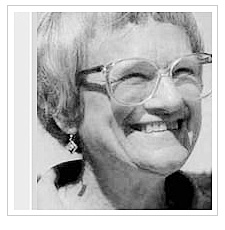

He has an uncontrollable temper, a complete inability to feel empathy for anyone, and low self-esteem. What's fairly clear, however, is that Gray's response to the situation is a combination of his own innate characteristics and the circumstances that govern in his life. Gray is a social outcast, bullied by the popular athletes, with a domineering father, and ready access to a gun. Hearing his story helps us to understand what led him to the terrible decision to bring a gun to school.Īlthough this is a fictional account, it carries strong echoes of what we've read about kids who commit these heinous acts. We don't know details of the event at first, but we know that it's serious, and that he calls himself, among other things, a murderer. Eventually, pushed to the brink, he commits a violent act.Įndgame is Gray's story as told to his lawyer from the juvenile detection facility after the event. The bullies, and his father, commit abuse after abuse, destroying his heart and soul. He has few friends, and not a whole lot of success with girls. He moves to a new town, and tries to fit in, but bullies find him there, too.

Gray is small, and not good at sports, and he gets picked on at school.

His hunting-obsessed father doesn't understand him and yells at him all the time. Fourteen-year-old Gray Wilton isn't a happy guy. Author Nancy Garden tells the story of the events leading up to a fatal high school school shooting from the (fictional) perspective of the shooter.


 0 kommentar(er)
0 kommentar(er)
